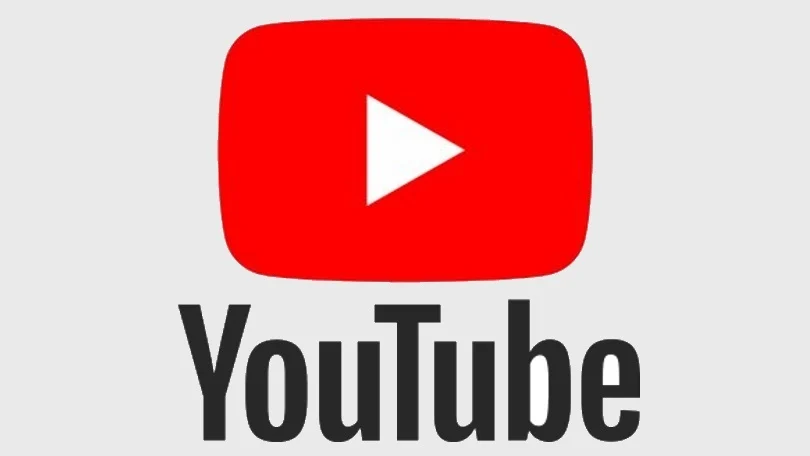Power of Digital Marketing: Transforming Businesses in the Digital Age
In today’s hyper-connected world, digital marketing has become the cornerstone of successful businesses, regardless of their size or industry. It’s a powerful tool that allows businesses to reach a global audience, build brand awareness, and drive sales like never before.
What is Digital Marketing?
Digital marketing encompasses all marketing efforts that use the internet or electronic devices. It leverages channels such as search engines, social media platforms, email, websites, and mobile apps to connect with current and potential customers. Unlike traditional marketing, digital marketing offers measurable results and unparalleled reach, enabling businesses to target specific demographics with precision.

Advantages of Digital Marketing
- Enhanced Targeting: Digital marketing allows businesses to target specific demographics, interests, and behaviors. Platforms like Facebook and Google offer sophisticated tools to ensure that your message reaches the right people at the right time.
- Cost-Effectiveness: Compared to traditional advertising methods like TV or print, digital campaigns are often more affordable and provide measurable results. Businesses can allocate budgets more effectively by analyzing key performance metrics.
- Real-Time Analytics: One of the standout features of digital marketing is the ability to track and measure campaign performance in real-time. Tools like Google Analytics provide insights into website traffic, user behavior, and conversion rates, enabling marketers to optimize strategies on the go.
- Global Reach: Digital marketing breaks geographical barriers, allowing businesses to connect with customers worldwide. A small business in one country can seamlessly sell its products to customers on another continent.
- Engagement and Interaction: Social media platforms facilitate direct communication between brands and consumers, fostering trust and loyalty. Personalized interactions can lead to stronger customer relationships and higher retention rates.
Key Components of Digital Marketing
1. Search Engine Optimization (SEO)
Optimizing websites and content to rank higher on search engine results pages (SERPs) and Focuses on keyword research, on-page optimization, backlinks, and improving website performance.
2. Content Marketing
Creating and distributing valuable, relevant, and consistent content to attract and engage a target audience. Includes blogs, videos, infographics, eBooks, podcasts, and more.
3. Social Media Marketing (SMM)
Leveraging platforms like Facebook, Instagram, Twitter, LinkedIn, and TikTok to build brand awareness, foster engagement, and drive traffic. Includes organic posts, paid ads, and influencer collaborations.
4. Pay-Per-Click (PPC) Advertising
Running paid campaigns on platforms like Google Ads and social media channels. Advertisers pay only when users click on their ads. Targeting options include demographics, interests, and behaviors.
5. Email Marketing
Sending personalized emails to nurture leads, promote products, and maintain customer relationships. Effective for newsletters, promotional campaigns, and transactional emails.
6. Affiliate Marketing
Partnering with affiliates to promote products or services. Affiliates earn a commission for driving traffic or sales through their referral links.
The Future of Digital Marketing

As technology continues to advance, the scope of digital marketing will expand even further. Artificial intelligence, voice search, augmented reality, and blockchain are poised to revolutionize how businesses interact with their audience. Staying ahead of these trends will be crucial for brands aiming to maintain a competitive edge.




Post Comment